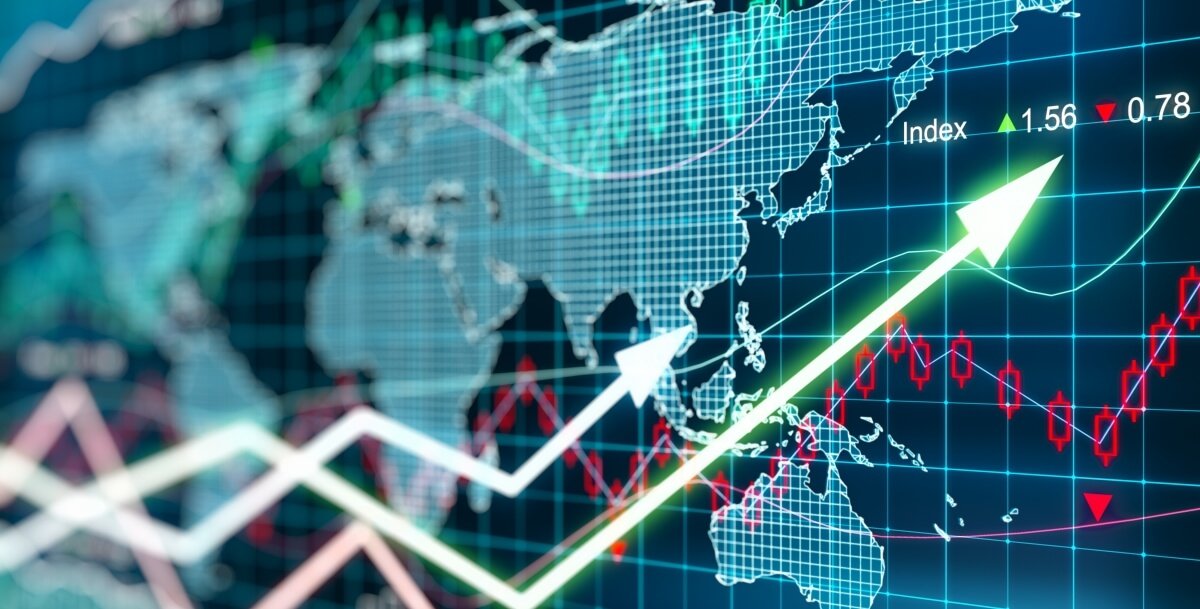
Forecasting Team
For everyone interested in the art of predicting the future, we are launching the Eindhoven Forecasting Team. Among other things, we will participate in contests to test our judgment, such as the Forecasting Our World in Data Tournament with a $20,000 prize pool. Sounds interesting? Join the WhatsApp group of the Eindhoven Forecasting Team here!
What is forecasting?
Forecasting is a practice for predicting the future that consists of two steps:
Asking questions about the future that are clear, specific, unambiguous and easy to evaluate after the fact;
One or more people trying to give quantified predictions about the answer, including quantifying their uncertainty.
Forecasters can be scored based on the success of their predictions and get feedback. Predictions can be aggregated into a “crowd prediction”, which is often more accurate than individual predictions. Aggregated predictions of good forecasters are one of the best ways of predicting future events, shown to outperform even professional intelligence analysts.
Why forecasting?
Arguably, forecasting the future is the most valuable skill in the world. Having a more accurate model of how the future will develop allows you to make better decisions about almost everything. Additionally, an analysis from 80,000 Hours shows good judgment to be the #1 most employable skill (both for effective altruism organizations and the wider economy at large!), and points to forecasting as the most robust, actionable way to improve it!
Many people casually make claims and predictions about the future, most do not keep score of how often they are right or wrong. They make a claim, and regardless of the outcome, do not update their model of the world. Forecasting is a way to systematically train and evaluate your ability to synthesize predictions from your understanding and model of the world, with clear feedback loops that allow you to iteratively improve this model.
Effective altruism and forecasting
There are also reasons why forecasting is valued in effective altruism in particular. However, unlike some other cause areas, such as global development or animal welfare, the connection between forecasting and effective altruism is more abstract.
Even if we do not care about forecasting inherently, if it helps us develop a better model and improves our judgment and decision making, forecasting can still be instrumentally useful for better achieving the things we do care about.
That being said, there are also more direct applications. Making good forecasts can be of great value to effective altruism organizations and to the wider effective altruism community for prioritization, identifying risks, or estimating impact. Forecasting is also a way of scalably using volunteer labor, such as through prediction markets. More generally, asking and answering forecasting questions can also help our thinking to become more precise, specific and quantified, helping communicate beliefs more precisely among EAs.
What makes a good forecaster?
Good forecasters tend to share many traits such as synthesizing many different perspectives, viewpoints and sources, using the outside view where appropriate, rigorously updating their beliefs in light of new information, nuanced and probabilistic thinking and combining intuitions with Fermi estimations or other techniques to quantify parameters.
Do you want to discover whether forecasting is something you are interested in? Join the WhatsApp group of the Eindhoven Forecasting Team here!
